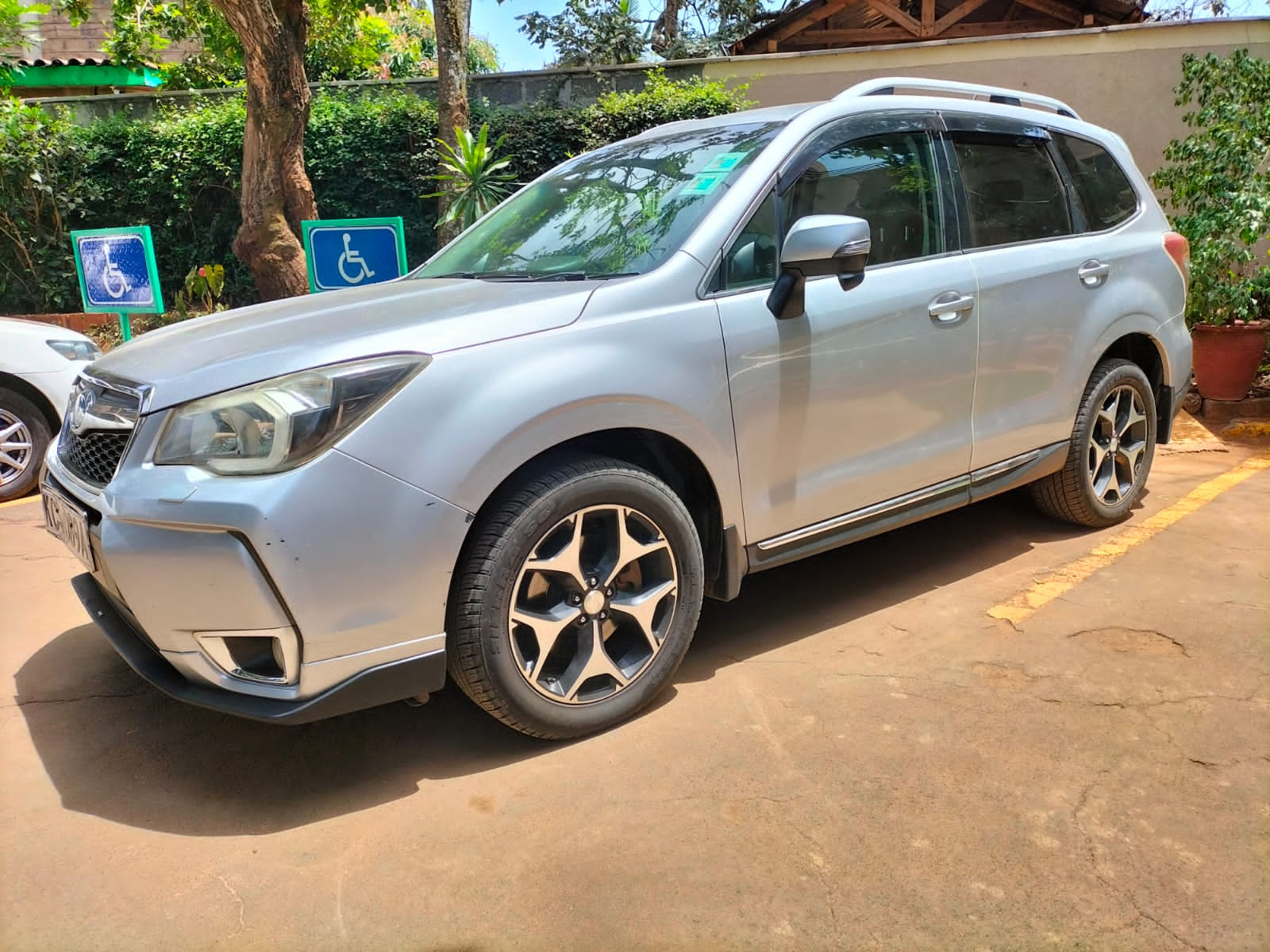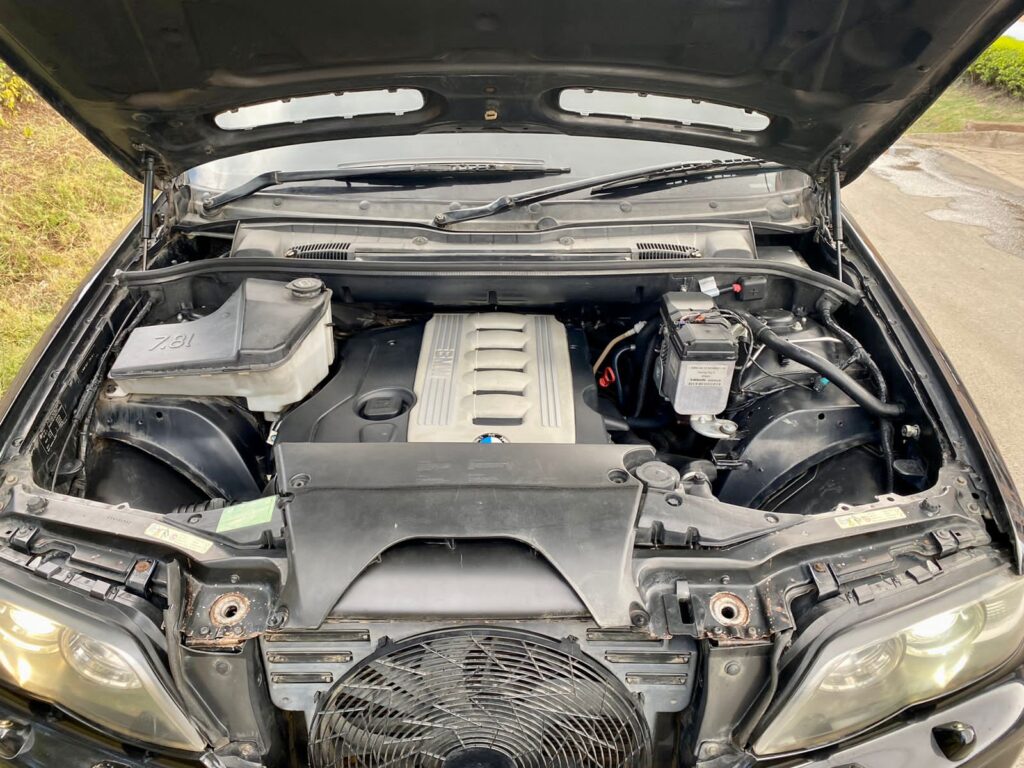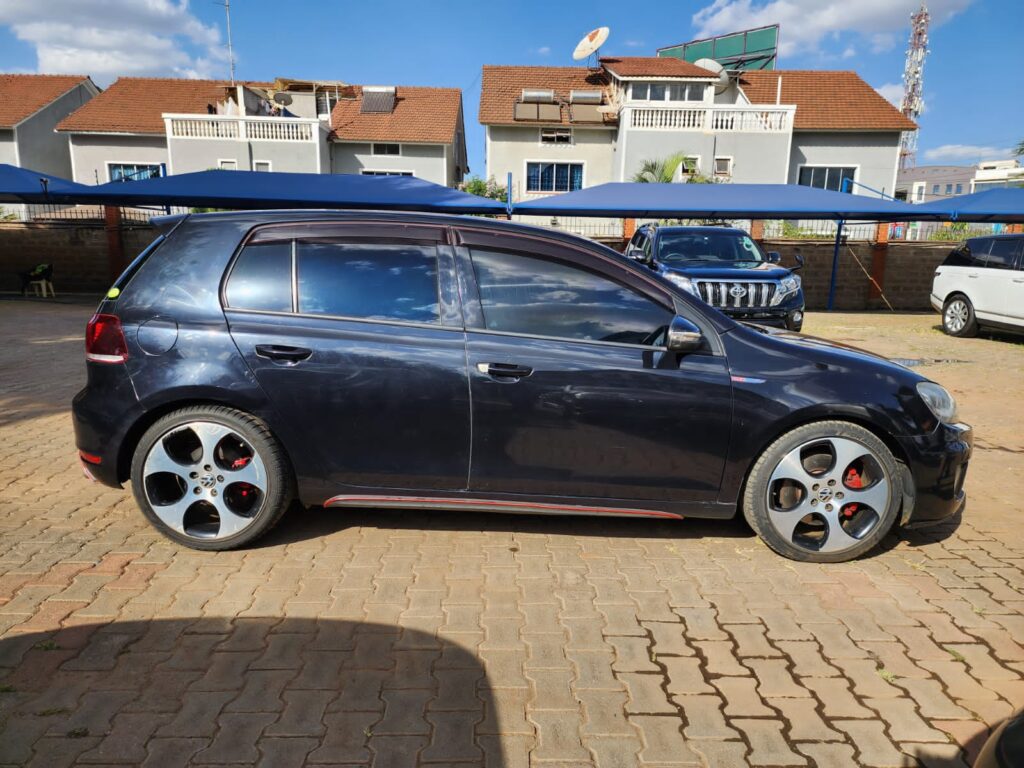

Purchasing a secondhand car
There are a number of factors you should consider when purchasing a used car to be certain that you get a good deal and a dependable vehicle. When purchasing a secondhand car, the following are some of the most crucial things to look for

Car History: Evaluate the vehicle history record to verify if the car has a clear title, has undergone routine maintenance, and has been involved in any accidents.
Condition of Exterior and Interior: Inspect the outside and inside of the vehicle to look for any signs of deterioration or damage. Check the car for any dents, scratches, rust, or other damage that could compromise its performance or value.
Mileage: To find out how far the automobile has been traveled, check the mileage. When buying a car, it’s crucial to keep in mind that a vehicle with a high mileage may have greater wear and tear.
Take the vehicle for a test drive to listen for any strange noises or technical problems. To make sure everything is in functioning order, check the performance of the engine, steering, suspension, and brakes.

Ownership and Maintenance History: Request the car’s ownership and maintenance records to learn more about how well-maintained it has been by its previous owners. Check for any indication of routine maintenance, such as tire rotations or oil changes.
Price: To guarantee that you are receiving a fair price, research the car’s market worth. While calculating the car’s value, take into account its age, mileage, and condition.

Examine the vehicle’s paperwork and registration to make sure they are valid and current. Verify that the vendor has the right papers to give you possession of the car.
When purchasing a used automobile, you may make a better educated choice by closely evaluating the vehicle and researching its history and condition.
Add a comment Cancel reply
Categories
- Car Reviews (3)
- Uncategorized (1)
Recent Posts
About us

Daimlar Motorsports
Reviews
Motor Magazine
News | Car Reviews | Events | Buyers Guide | The future
Related posts


Volkswagen Golf MK7 ‘R’
Cars@MK
November 10, 2022
The VW Golf 7 R, it’s more like Christian Grey for those who have watched ’50 shades of...
Cars@MK is an online platform for buying & selling cars online from Verified Auto Dealers. Our goal is to make the car buying experience better & efficient.








